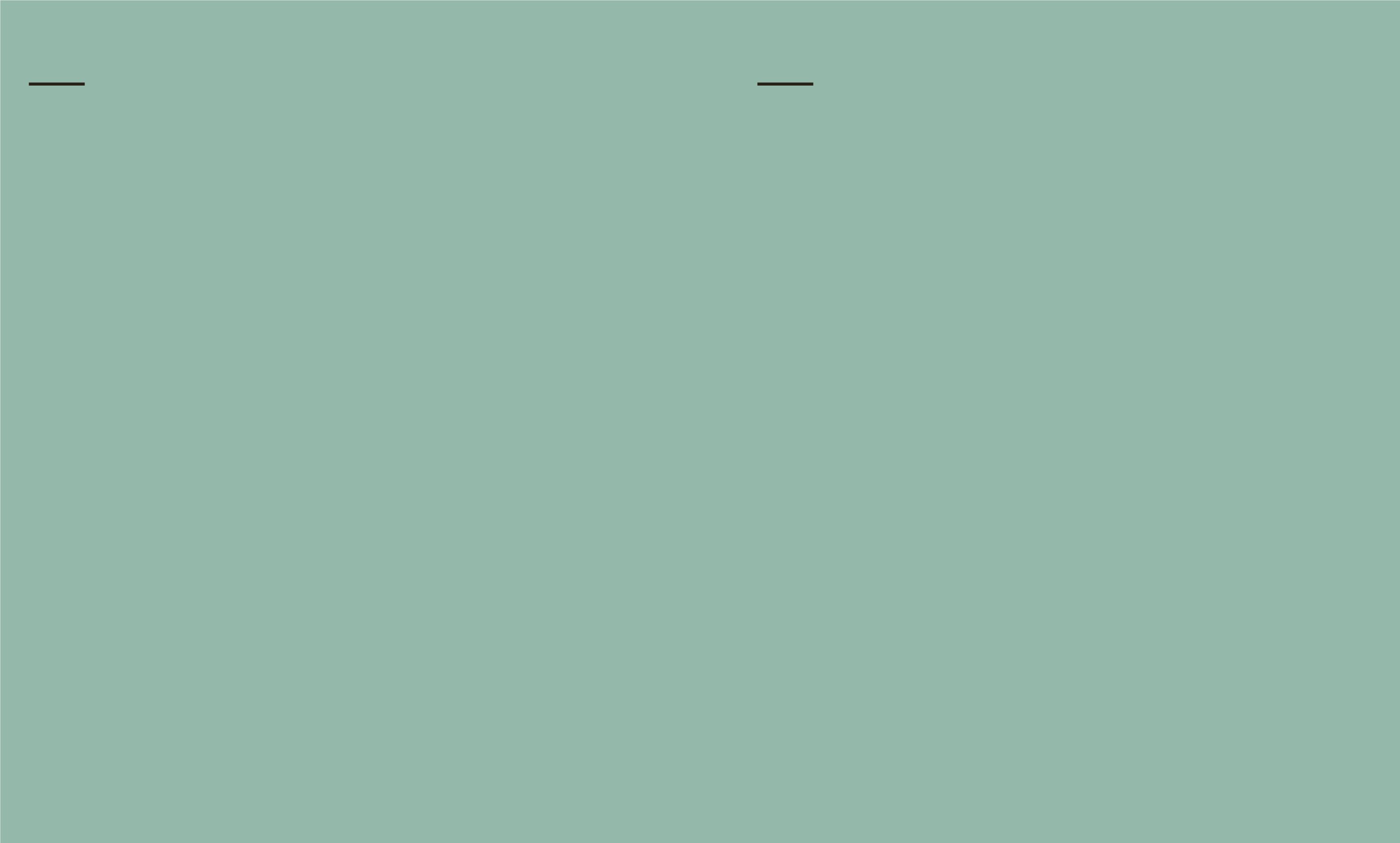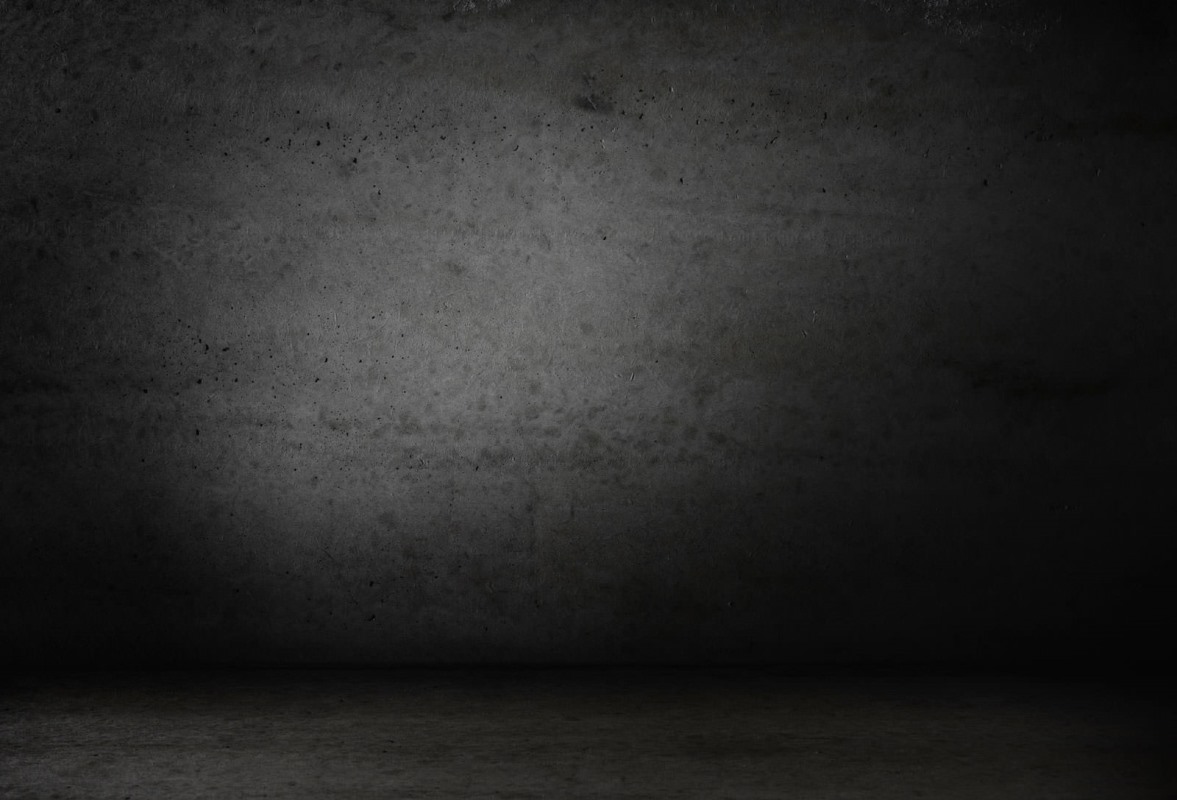

246 . 247
Las alfombras GAN están hechas a mano y fabricadas en 100% lana virgen.
Para garantizar una larga vida útil, requiere, de cierto mantenimiento y limpieza
periódica. Todas las alfombras, cuando son nuevas, forman y desprenden
pelusilla durante las primeros meses.
CONSEJOS GENERALES:
Eliminar barriendo con escoba suave y en dirección al sentido del pelo y,
a continuación, pasar el aspirador (con ruedas en la boquilla) en el mismo
sentido.
No utilizar nunca un aspirador de agua/aire. Una vez deje de formarse esta
pelusa, se deberá pasar regularmente el aspirador (mínimo una vez por semana).
No mojar las alfombras puesto que ciertos colores intensos pueden desteñir
debido a las características de los tintes naturales utilizados, sobre todo en
nuestra colección Kilim.
No tirar nunca de ningún hilo que sobresalga de la superficie: cortarlo a ras
del resto.
Para repartir el desgaste entre toda la superficie por igual, recomendamos
cambiar el sentido de la alfombra 2 o 3 veces al año.
MANCHAS Y TRATAMIENTO GENERAL:
Actuar de forma rápida para evitar que se seque o se destiñan, y se facilitará
su eliminación.
Manchas líquidas: Eliminar al instante, absorbiéndolo con papel de cocina o
un trapo blanco limpio.
Manchas sólidas: Rascar cuidadosamente con la punta de un cuchillo o una
cuchara.
Limpiar desde el borde exterior hacia el centro para evitar que se agranden.
Probar los productos nuevos primero en una esquina.
Utilizar poca cantidad para evitar mojar en exceso el pelo de la alfombra.
Actuar mediante ligeras presiones para no deformar el pelo.
ACEITE, GRASA, MANTEQUILLA, MIEL, CERA, CREMA, BETÚN, ALQUITRÁN,
ABRILLANTADOR DE METALES O TINTA DE BOLÍGRAFO: Limpiar en seco,
aplicar detergente neutro con una esponja y secar aplicando papel de cocina
o trapo blanco limpio.
CAFÉ, LECHE, TÉ, CACAO, CHOCOLATE, HELADO, SANGRE, VINOS,
REFRESCOS O LICORES, HOLLÍN: Absorber con papel de cocina o pasando
el aspirador, aplicar, con una esponja , una disolución de detergente neutro,
vinagre suave y agua tibia y aclarar con un trapo blanco limpio y secar con
papel absorbente.
SALSAS, VÓMITOS, HELADO, HUEVO, ZUMOS DE FRUTAS: Retirar los
residuos de la mancha con agua tibia y un paño blanco limpio, aplicar con una
esponja detergente neutro disuelto en agua tibia, y luego aclarar con untrapo
ALFOMBRAS
Las alfombras fabricadas con lana pueden dejar pelusa durante los
primeros meses. Esto es una característica natural de la lana y, en ningún
caso, es signo de calidad deficiente.
Las alfombras están fabricadas a mano con procesos artesanales, cada
una es un diseño único. Las imperfecciones en el tejido o diferencias de
tintado, no se consideran errores o fallos, son parte del diseño.
Declinamos cualquier responsabilidad por desperfectos derivados de un
mal uso o tratamiento indebido de la alfombra (lavado, desgarraduras,
manchas, etc.), aceptando únicamente las devoluciones por defectos de
fabricación.
MEDIDAS ESPECIALES
Se abonará el 30% del importe total por anticipado. El plazo de entrega
será de 4 meses.
OBSERVACIONES
blanco y secar con papel.
ORINA O EXCREMENTOS: Retirar, bien con papel de cocina o bien con agua
tibia y un paño blanco limpio, aplicar con una esponja una disolución de
detergente neutro, vinagre suave y agua tibia, y luego aclarar con un trapo
blanco limpio y secar con papel absorbente.
CHICLE O LÁPIZ DE LABIOS: Eliminar mediante limpieza en seco (disolvente
para limpieza en seco), aplicar detergente neutro disuelto en agua tibia, con
una esponja y luego aclarar con un trapo blanco limpio y secar con papel
absorbente.
ESMALTE DE UÑAS: Aplicar acetona y realizar una limpieza en seco.
BARRO: Una vez seco, se deberá cepillar y aspirar. Posteriormente, aplicar una
disolución de agua tibia con amoníaco (3 partes de agua y 1 de amoníaco) con
una esponja y aclarar con agua tibia y un paño blanco limpio y dejar secar.
QUEMADURAS DE CIGARRILLOS: Eliminar frotando con una superficie dura
(asegurándose de que dicha superficie no deje restos) y después cepillar y
aspirar.
SUCIEDAD EN GENERAL: Limpiar mediante una solución de agua tibia con
amoníaco con una esponja, aclarar con agua tibia y un paño blanco limpio y
dejar secar.
*Limpieza en seco: Utilización de un disolvente para limpieza en seco (alcohol)
o de un aerosol específico.
*Detergente neutro: Utilización de una solución acuosa de jabón para moquetas.
ESTABLECIMIENTOS ESPECIALIZADOS
Si con las indicaciones especificadas no consigue eliminar la mancha, o
son manchas de pinturas o barnices al aceite; o si la alfombra se encuentra
expuesta en zonas públicas y de gran paso de gente, es recomendable acudir a
un profesional de confianza.
Si decide limpiar su alfombra GAN en una tintorería, recuerde comunicarle a su
profesional de confianza nuestros consejos de limpieza para estos casos; puesto
que han sido extraídos de los test de lavado solicitados por GANDIABLASCO a
laboratorios acreditados:
Limpieza con cepillos rotativos en medio acuoso con lavadora horizontal de
arrastre para colores sólidos, con restricción de la acción mecánica de los
cepillos en alfombras de lana de pelo largo.
Limpieza con cepillos rotativos en espuma seca para colores no sólidos
(colección Kilim).
Secado fuera de la acción de la luz solar directa, al aire libre colgada sobre
barra estática.
Secado en secadero de aire caliente forzado, siempre y cuando no se
sobrepasen los 45ºC de temperatura.
MANTENIMIENTO
Y LIMPIEZA
The GAN rugs, hand-made of 100% new wool. In order to guarantee a long
lifespan, they require certain regular care and cleaning. All new rugs create and
loose fluff during the first few months.
GENERAL ADVICES:
Sweep with a soft broom in the direction of the pile and then use the vacuum
cleaner (with castors on the nozzle) in the same direction. Never use a water/
air vacuum cleaner. Once the rug has stopped producing fluff, use the vacuum
cleaner regularly (at least once a week).
Do not wet the rug, since some dark colours may fade because of the
characteristics of the natural dyes used, especially those in the Kilim collection.
NEVER pull of a yarn that is standing out: cut it level with the rest. To evenly
distribute wear all over the surface, we recommend changing the direction of
the carpet 2 or 3 times a year.
STAINS AND GENERAL TREATMENT:
Act immediately to prevent drying and fading, for easier removal.
Liquid stains: Remove them immediately, soaking them up with kitchen paper
or a clean white cloth.
Solid stains: Must be scratched off carefully with the tip of a knife or spoon.
Clean from the outside to the centre to avoid them from getting bigger.
Test new products on a small corner to make sure them won’t affect the colour.
Use only a little amount in order to avoid soaking the pile.
Apply the product with a damp sponge, pressing only softly on the rug, as
scrubbing and rubbing could pull the pile out of shape.
OIL, GREASE, BUTTER, HONEY, WAX, CREAM, SHOE POLISH, TAR, METAL
POLISHER OR PEN INK STAINS: First dry clean and then apply neutral detergent
with a damp sponge. Dry with kitchen paper or with a white clean cloth.
COFFEE, MILK, TEA, COCOA, CHOCOLATE, ICE-CREAM, BLOOD, WINE,
SOFT DRINK, LIQUOR OR SOOT STAINS: After soaking up with kitchen paper
or with the vacuum cleaner, apply a solution of neutral detergent, soft vinegar
and lukewarm water with a damp sponge. Then rinse with a clean white cloth
and dry with absorbent paper.
SAUCE, VOMIT, ICE-CREAM, EGG, FRUIT JUICE STAINS: First remove the
remains off the stain with lukewarm water and a clean white cloth, and then
apply neutral detergent dissolved in lukewarm water with a damp sponge. Then
rinse it with a clean white cloth and dry it with absorbent paper.
URINE OR EXCREMENT STAINS: Must be removed first, either soaking them up
with kitchen paper or with warm water and a clean white cloth. After that, apply
neutral detergent dissolved in lukewarm water with a damp sponge. Then rinse
with a clean white cloth and dry with absorbent paper.
CHEWING GUM OR LIPSTICK STAINS: Removed by dry cleaning (with dry
CARPETS
New wool carpets may loose fluff during the first few months. This is a
normal feature of wool and is in no case sign of deficient quality.
These rugs are made by hand using handicraft techniques. Each is a unique
design. Any imperfections in the fabric or colour difference are not errors or
defects. They are part of the design.
We accept no liability for imperfections caused by misuse or undue
treatment of the rug (washing, ripping, stains, etc). We only accept returns
due to manufacturing faults.
SPECIAL MEASURES
Payment in advance of 30% of the total amount. Delivery time: 4 months.
REMARKS
cleaning solvent). Once finished, apply neutral detergent dissolved in
lukewarm water with a wet sponge. Then rinse it with a clean white cloth and
dry with absorbent paper.
NAIL VARNISH: Use acetone and then the dry-clean.
MUD: Must be brushed when dry and then removed with the vacuum
cleaner. After that, apply a solution of lukewarm water and ammonia (3 parts
of water and 1 of ammonia) with a damp sponge. Then rinse it with lukewarm
water and a clean white cloth and let it dry.
CIGARETTE BURNS: Remove rubbing them with a hard surface (making sure
that the surface does not leave remains). Then brush and hoover.
GENERAL DIRT: Can be cleaned with a solution of lukewarm water and
ammonia, using a damp sponge, after hoovering. Then rinse it with lukewarm
water and a clean white cloth and let it dry.
*Dry cleaning: Referring to the use of a dry cleaning solvent (alcohol) or a
specific aerosol.
*Neutral detergent: Use of a neutral rug soap diluted in water.
PROFESSIONAL CLEANING
If you should not be able to remove the stain using these indications, or if
the stains are from paints or oil-based varnish; or if the rug is in a public area
with a lot of people using it, we recommend taking the rug to a professional
cleaner.
If you decide to take your GAN rug to the dry cleaner’s, remember to tell them
our cleaning recommendations for this case, as they have been drawn from
the cleaning tests requested by GANDIABLASCO to reputable laboratories:
Clean the carpets with rotating brushes in aqueous medium with a horizontal
axis dragging washing machine for solid colours, restricting the mechanic
action of the brushes on long-haired wool carpets.
Clean with rotating brushes and dry foam for non-solid colours (kilim
collection).
To dry, hang the carpet outdoors over a static bar, away from direct sun light.
Rugs may be dried in a forced hot air dryer, provided that it does not exceed
a temperature of 45ºC.
CLEANING
AND CARE















